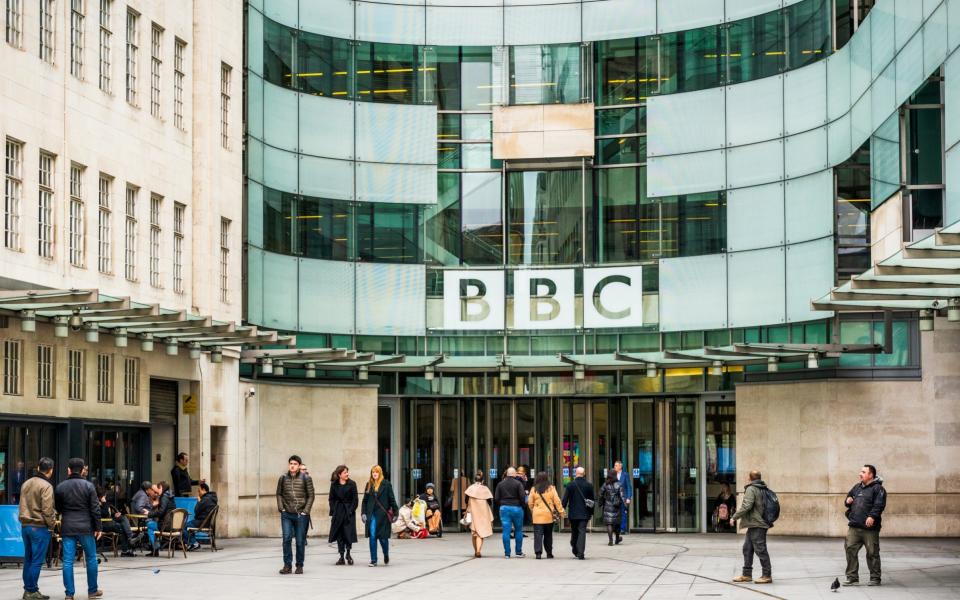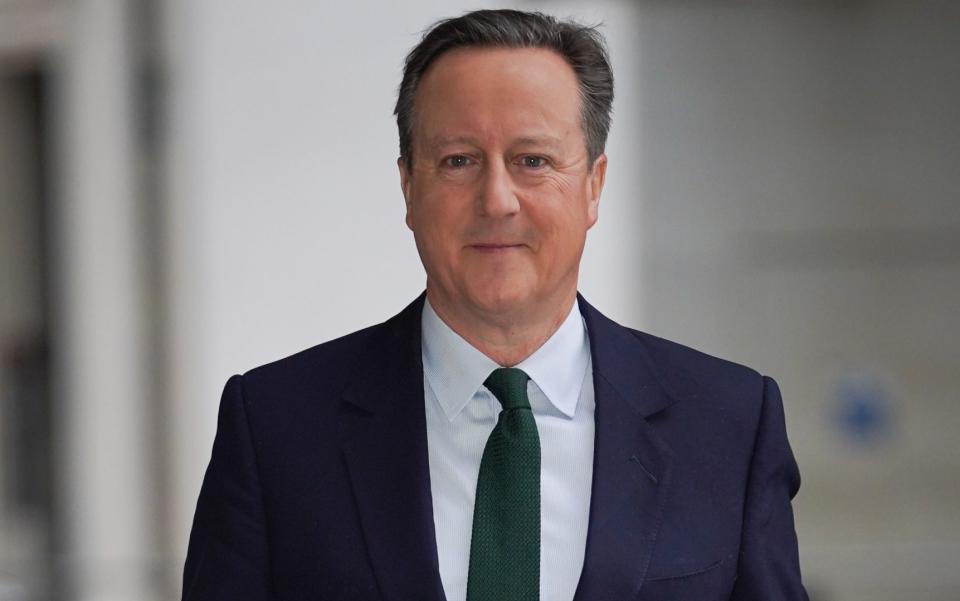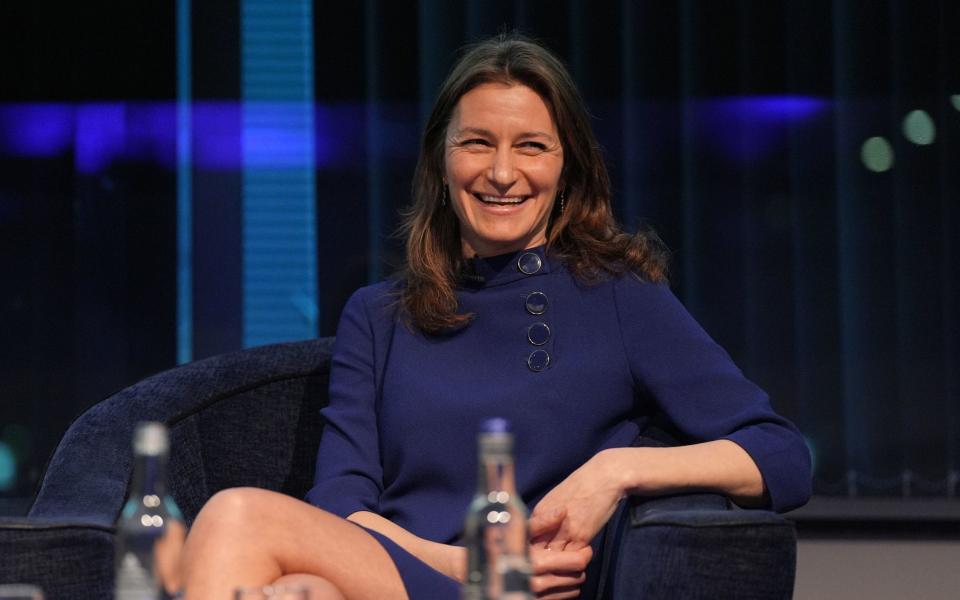Lord Cameron says he is ‘fan’ of BBC licence fee

Lord Cameron has said he is a “fan” of the BBC licence fee and believes it will last for “longer than lots of people think” despite Government plans to review the “increasingly anachronistic” funding model.
The Foreign Secretary hinted at a Cabinet split over the levy’s future as he argued it “works quite well” as it is, and warned the alternatives would carry “lots of disadvantages”.
The Government is currently reviewing the “sustainability” of the model in the streaming age, with ministers taking advice on potential options to replace it.
Last year, Lucy Frazer, the Culture Secretary, suggested the “increasingly anachronistic” levy required reform as the British public could not be expected to pay more to support the BBC “indefinitely”.
However, when quizzed on the future of the licence fee by the Lords’ International Relations and Defence Committee on Tuesday, Lord Cameron, who pledged to de-criminalise non-payment of the charge as prime minister, said he was a “fan” of the current model.

Lord Cameron said: “I don’t know what’s going to happen to the licence fee. I’m quite old-fashioned. I actually think the licence fee works quite well, and will continue to work well probably for longer than lots of people think.
“Because actually, it’s a universal service, we all use it to a greater or lesser extent. When you look at all the alternatives, there are lots of disadvantages. So I’m quite a sort of licence fee fan, in an old-fashioned way.”
He was responding to a question from crossbench peer Baroness Coussins, who asked if the Foreign Office should resume 100 per cent of the funding for the World Service if the Government review “leads away from the licence fee”.
The international broadcaster, owned and operated by the BBC, is predominantly funded by the UK levy but receives additional grant funding of £104.4 million from the Foreign Office.

‘Leap for joy’
Lord Cameron said it was “good” to have “funding out of two pots”, given licence fee payers “get something out of the World Service” - and suggested investment may need to increase.
“On the basic issue, is the BBC World Service incredibly important and should we continue to have it funded at a good and hopefully growing level? Yes,” he said.
“Now, I would argue, as I did on the floor of the House, I think there’s a perfectly good argument to say something from the licence fee payers, something from the Government is a fair way of doing it because I think licence fee payers get something out of the World Service.
“I do, when Radio 4 goes off at night and the World Service comes on, I leap for joy. Well I don’t, because I’m hopefully trying to go to sleep. But you know what I mean? It’s a brilliant service. So we get to access it.
“And also I think the BBC has some advantages by running the World Service. There’s some crossover between that and the domestic service. So I think the idea of funding out of two pots is good.”
The Government is ultimately responsible for setting the level of the licence fee, which will be in place until 2027-28 - the end of the current BBC charter.
On April 1 it rose by £10.50 to £169.50, the first increase since 2021.
Currently, every household pays the same, although there are some concessions including free licences for over-75s on Pension Credit.

 Yahoo Sport
Yahoo Sport 





































